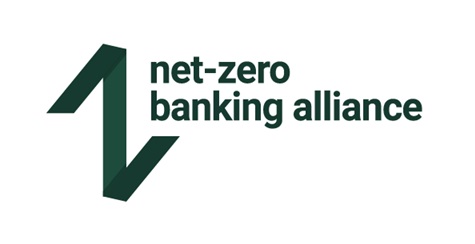In brief: The NZBA alliance is changing its ambitions downwards

The Net-Zero Banking Alliance (NZBA) is a global initiative launched in April 2021 by the United Nations Environment Programme (UNEP FI). It brings together banks originally committed to align their financing activities with carbon neutrality trajectories by 2050, in line with the Paris Agreement objectives. But the American political situation has recently weakened the initiative, which is now revising its ambitions downwards to avoid the desertion of its members.
NZBA's founding members include such institutions as Santander, Société Générale, Crédit Agricole, Deutsche Bank, Standard Chartered and LGT Group.
But Donald Trump's coming to power in the United States has upset the strategies of the American actors involved. The US bank Wells Fargo has announced abandoning its carbon neutrality target by 2050. An abandonment following those of Morgan Stanley, Citigroup, Bank of America, JP Morgan and Goldman Sachs, who left the Net-Zero Banking Alliance (NZBA) in recent months.
The Covenant worked Since then, its objectives have been reassessed. It's done today as she comes to formalize It renewed its mandate by placing more emphasis on financing the decarbonization of the real economy. A majority of members have also just voted to ease the initial target of limiting warming to 1.5°C. Members' ambitions to achieve carbon neutrality for their activities by 2050 are also being reviewed, as no date is now set to achieve this goal.
These decisions, criticized by NGOs, nevertheless ensure the continuity of the actions of the alliance, which stresses that it always wants to accompany its members in their eco-responsible transition.
Traduit automatiquement via Libretranslate / Automatically translated via Libretranslate
